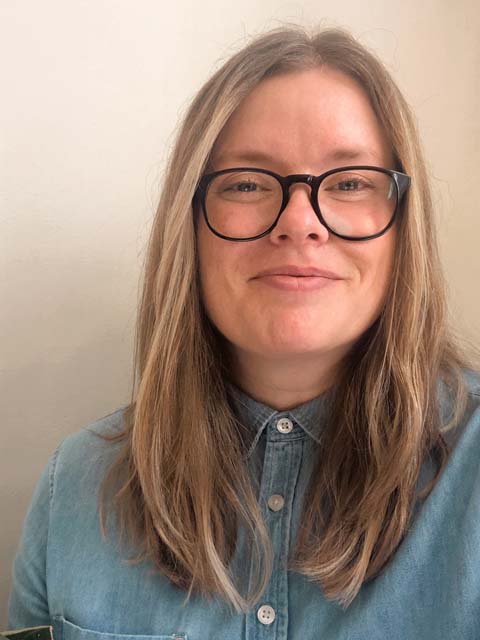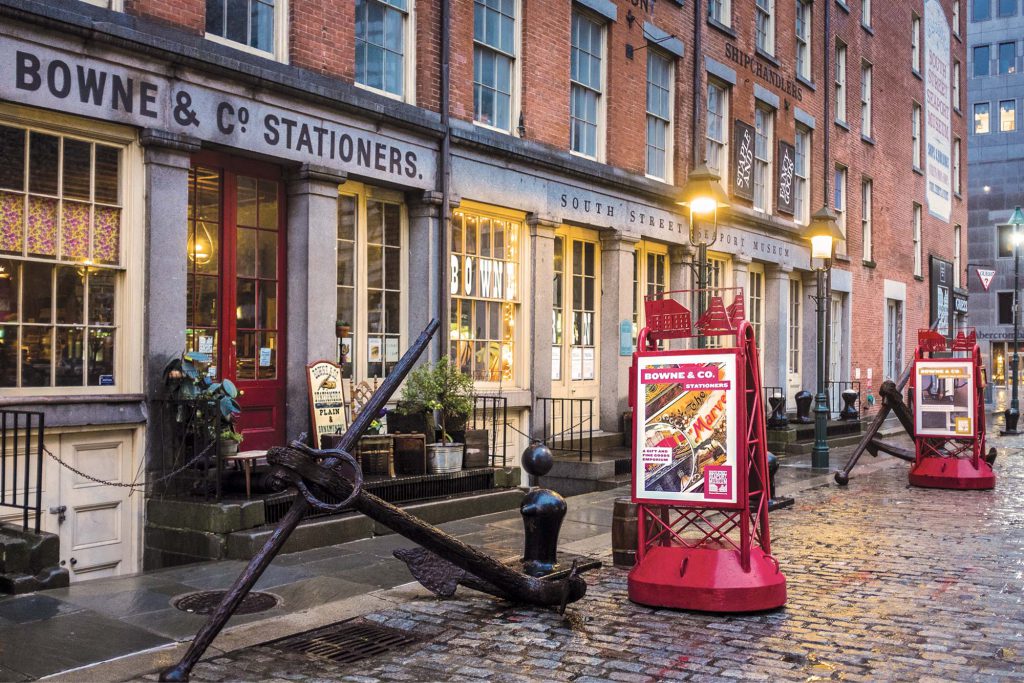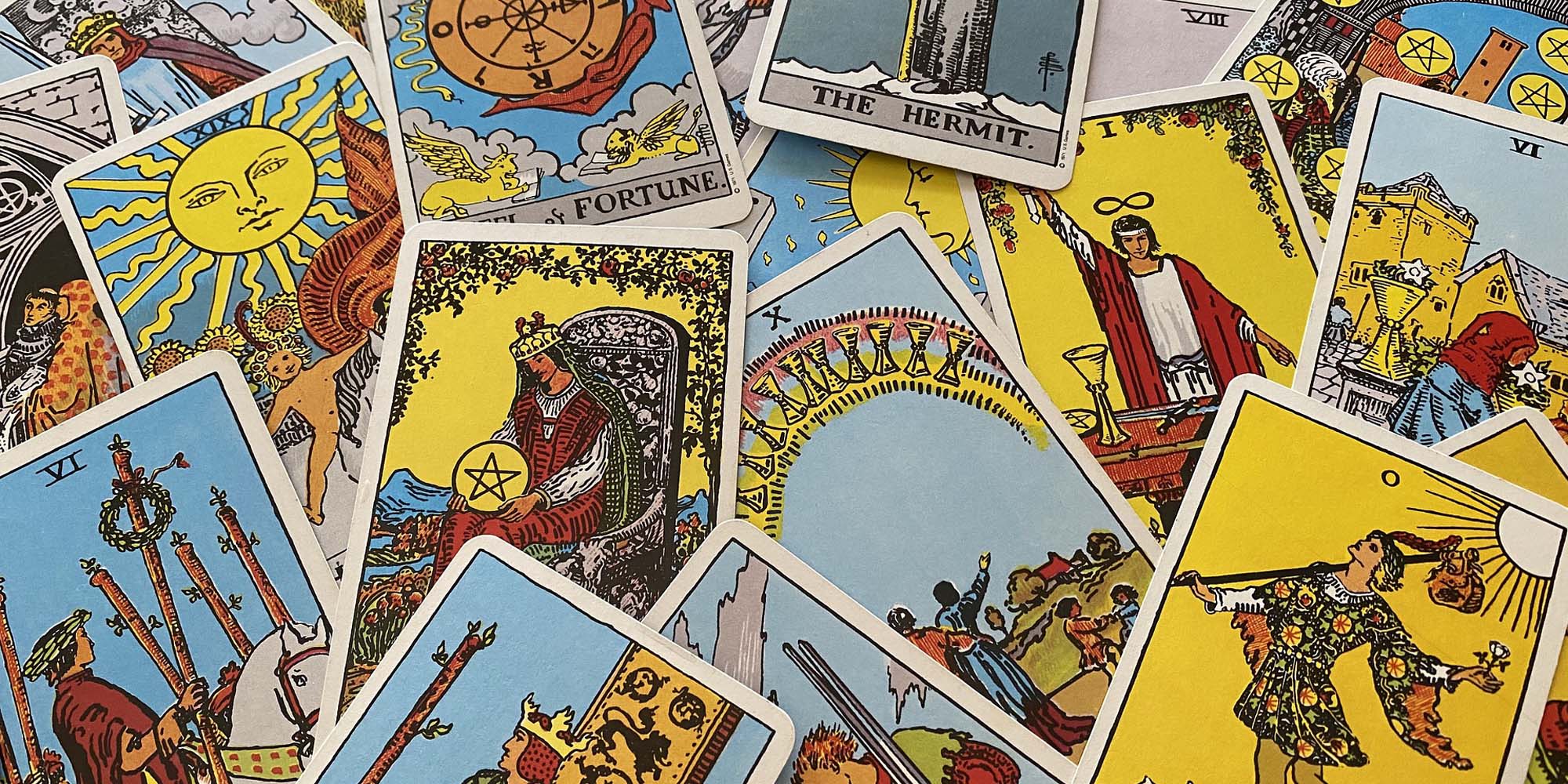October 28 at 6pm | In-Person | The Green Room at Pier 17 | Free
Start your Halloween weekend with the Seaport Museum’s candlelit historical exploration of how occult markets—of shops, fortune tellers, and psychics often considered deviant by law enforcement and society at large—emerged during the 1960s and 70s, which allowed for the growth of informal and underground labor.
Why did so many LGBTQ+ individuals gravitate toward the occult and alternative forms of spirituality for both spiritual and economic fulfillment, and what were the limits of doing so? And why are so many psychics queer? Learn how Queer laborers used these forms of work to wield agency within New York and other cities in which their labor, gender, and orientation was regulated and surveilled.
The conversation will be led by Rachel Pitkin, a History PhD candidate at the CUNY Graduate Center. The event is FREE, and advance registration is required. A complimentary toast is included.
Please Note This is a Past Program, Event, or Activity
You are viewing an archived page for a program, event, or activity that has already taken place. In most cases these pages are no longer actively maintained and because of that may contain inaccurate or out-of-date information. These pages are left publicly viewable to preserve institutional memory and to allow the public to learn more about the types of programs, activities, and content created and made available by the South Street Seaport Museum throughout its history.
The Green Room is located inside the Pier 17 complex, at 89 South Street, offering a panoramic view of the Lower Manhattan skyline and the Brooklyn Bridge. Look for elevators or escalators to take you to this event on the third floor. The use of this space has been kindly donated by The Howard Hughes Corporation.
About the Panel

Rachel Pitkin is a History PhD candidate at the CUNY Graduate Center. Her current research interests include public and urban history, and history of women and gender in the twentieth century United States. Rachel holds an MA in both Museum Studies and in History, and she is a longtime volunteer at The LGBT Community Center National History Archives. At the start of the COVID-19 pandemic she curated the digital exhibition entitled “Homoscopes: Queer Spirituality in 1970s Lesbian Print,” a version of which will see permanent installation in 2023. Her spare time is spent road-tripping or with her plants at home.

Ready for more?
Head over to our Programs and Events page to see what else is happening at the Museum. Sign up for an upcoming talk, learn more about visiting Wavertree, or explore our virtual offerings.

